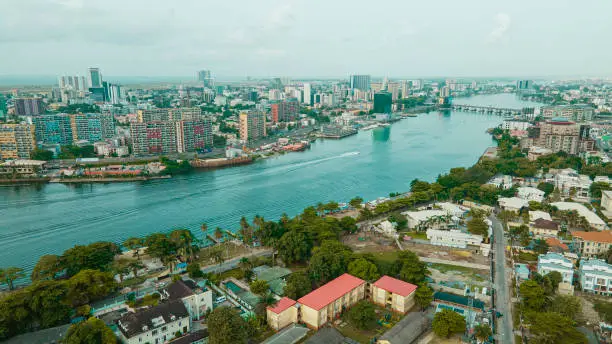For every nation, the practicing economic system remains the major determinant of the level of development or underdevelopment. When a nation’s economy dwindles, it boils down to the type of economic system such country practices. For Nigeria, the government’s excessive and unnecessary intervention in the market has brought nothing but hardship on the people.
Nigeria’s dwindling economy, caused by the heavy reliance on the crude oil money, irregular over-taxation system and unfriendly policies by the outgoing regime, has almost rewinded a decade-old progress. The situation has become increasingly outrageous that the nation now runs a deficit budget where loans serve as the backbone for the running cost of governance. This is the consequence of big government spending and the insufficient internally generated revenue that could no longer fund the bureaucratic regime.
The terrible condition of the economy and its aftermath on the citizens’ general wellbeing has sparked experts’ curiosity to identify Nigeria’s problem and also provided possible solutions. They called for the revitalization and diversification of the economy from oil, a move that has propelled more tax regime from the government. Unfortunately, these policies deter businesses and chase investment out of the country. Even despite the huge revenue squeezed from Nigerians through taxation, the economic situation is far from solved.
While the government and the citizens continue to search for salvation where there is none, Nigeria’s long walk to economic prosperity is for her government to stop doing and start undoing—to reduce taxes and stop meddling in people’s businesses.
THE NEMESIS
The Nigerian economic system is largely government controlled. Even though it is referred to as a mixed economy based on the combination of both the government and private individuals, with the government playing both regulatory and managerial roles in almost every sector, it is pretty easy to discern who is in control.
Unfortunately, this artificial combination has not caused aspired development on the economy. It is however time Nigeria loosened its fingers from the market and enabled the economy more freedom to flourish on its own. When this happens, instead of the government running a social enterprise with loss and loans, the social services in form of production and distribution of goods and services are left to private individuals to provide, which in turn leads to employment and wealth creation in the society.
For Nigeria’s economy to flourish, Nigeria needs to leave its market to private citizens and be careful not to over-tax businesses out of existence. Its oversight role is to protect the lives and properties, and the interest of all the citizens in their transactions.














